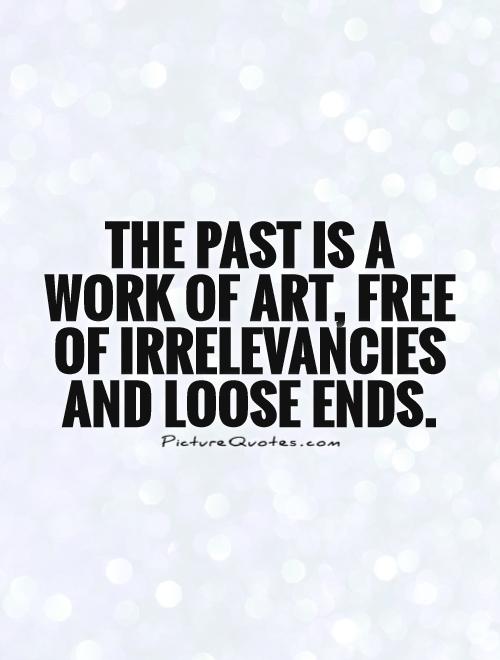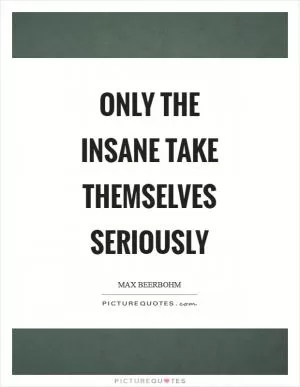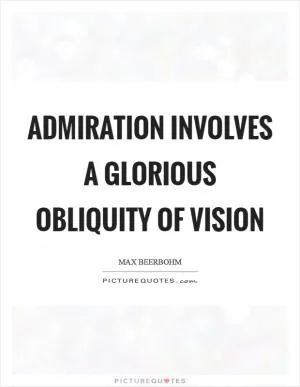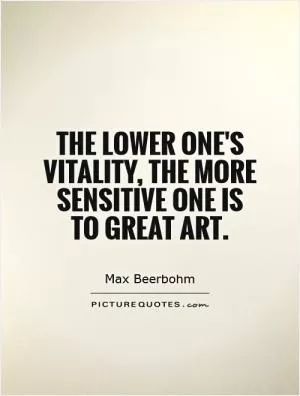The past is a work of art, free of irrelevancies and loose ends

The past is a work of art, free of irrelevancies and loose ends
Max Beerbohm, a renowned English essayist, caricaturist, and critic, was known for his wit, humor, and keen observations of society. His works often reflected his belief that the past is a work of art, free of irrelevancies and loose ends. Beerbohm's writing and artistry were characterized by their elegance, precision, and attention to detail, qualities that he believed were essential in creating a lasting and meaningful work of art.Beerbohm's view of the past as a work of art can be seen in his essays and caricatures, which often focused on historical figures and events. In his essay "A Defence of Cosmetics," Beerbohm humorously argues that cosmetics are a form of art that allows individuals to enhance their natural beauty and create a more perfect version of themselves. This idea of enhancing reality to create a more idealized version of the past reflects Beerbohm's belief that the past can be shaped and molded into a work of art that is free of imperfections and loose ends.
Beerbohm's caricatures also reflect his belief in the artistry of the past. His caricatures of famous figures such as Oscar Wilde, George Bernard Shaw, and Winston Churchill were not merely satirical portraits but works of art that captured the essence of their subjects in a few bold strokes. Beerbohm's ability to distill the essence of a person into a single image demonstrates his belief that the past can be distilled into a work of art that is free of extraneous details and irrelevancies.












 Friendship Quotes
Friendship Quotes Love Quotes
Love Quotes Life Quotes
Life Quotes Funny Quotes
Funny Quotes Motivational Quotes
Motivational Quotes Inspirational Quotes
Inspirational Quotes